SUMMARY
This is AI generated summarization, which may have errors. For context, always refer to the full article.
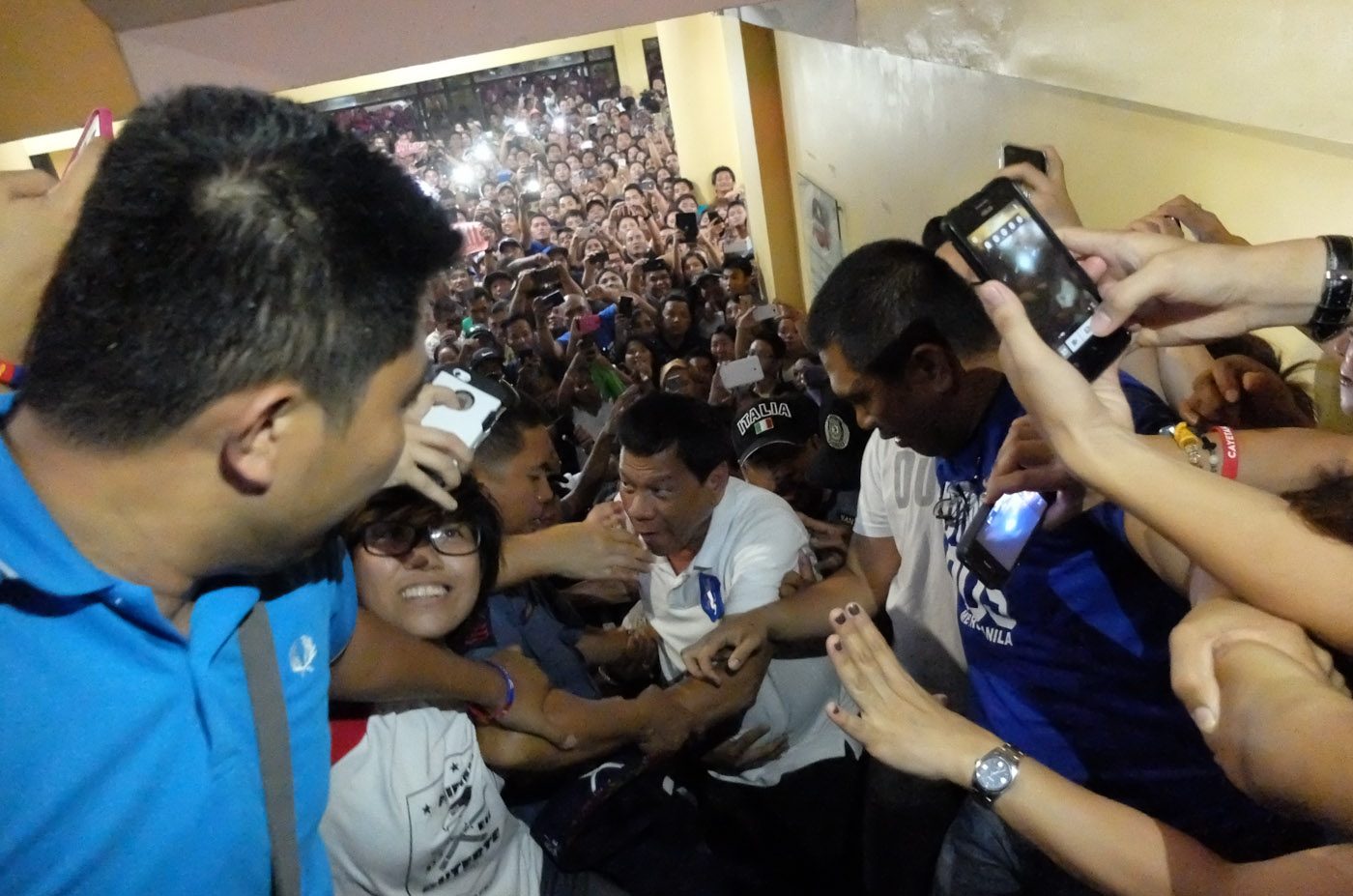
MANILA, Philippines – He survived the rape joke crisis and, in its aftermath, continued to maintain a comfortable lead over his rivals in the presidential race. His supporters say he will survive this latest dirt hurled at him: his supposed unexplained wealth in the form of undisclosed bank deposits.
A week before the May 9 polls, the closest rivals of presidential front runner Rodrigo Duterte – Grace Poe, Mar Roxas, Jejomar Binay – are banking on these accounts to stem the Duterte tide going into D-Day. They’re hoping that the chatter would make some Duterte supporters change their minds or, at the very least, make them consider that the Davao mayor could be corrupt.
It’s wishful thinking, as far as the Duterte camp is concerned. The Trillanes media game is all part of the Aquino government’s grand design to steal the elections, the Duterte camp added. Trillanes, however, is rooting for Poe, not the administration’s standard-bearer, Roxas.
Time favors Duterte. The Bank of the Philippine Islands is not expected to release data involving his accounts and transactions within the period that his rivals and critics are wishing for. The bank is already smarting from an online backlash from Duterte’s supporters who last week campaigned to boycott BPI. This erupted just as the entire Philippine banking industry was gathering its wits over the $81-million money laundering scam that exposed weak regulation and processes within another bank, the Rizal Commercial and Banking Corporation.
In his affidavit on Monday, May 2, Senator Antonio Trillanes IV identified his supposed informant, the source of bank documents showing at least P211 million deposited in Duterte’s accounts for a specific period of time. Last week, when Trillanes first talked about these deposits, the Davao mayor initially dismissed the vice presidential bet’s statements as fabrication.
But he later admitted he indeed had accounts in the BPI branch referred to in Trillanes’ documents. Pressed by reporters for more details, Duterte said the deposits are a “little less than P211 million” and dropped hints some of them must have come from rich friends.
Rivals seize the moment
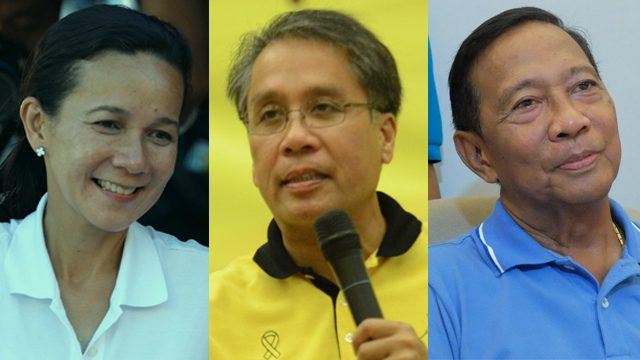
As expected, Duterte’s close rivals – Poe, Roxas, and Binay – pounced on him over these fresh allegations, especially since last week’s survey showed that the Davao mayor had survived his rape joke crisis.
In the April 19-24 survey of Pulse Asia commissioned by ABS-CBN, Duterte maintained a comfortable lead despite his controversial joke on the rape of an Australian women several years ago. At least 33% of respondents said they were voting for him – an 11-point lead over Poe, whose ratings were stuck at 22%. Roxas was tied with Poe at 20%, while Binay slid to 3rd place with 18%.
Polling organizations have one more survey to release before May 9.
Poe shifted gears the past week, issuing tough statements against critics and rivals and showing a more feisty character on stage.
Roxas’ “Silent Majority” also held various rallies in Metro Manila to convince undecided voters to choose him over the two candidates ahead of him in the surveys. Their hashtag? #SwitchToRoxas.
Popular boxing icon and and senatorial bet Manny Pacquiao, still basking in his victory over Timothy Bradley, also came out with a TV ad – “Only Binay” – to make a last-minute plea for votes for the beleaguered Binay, who has dropped in the surveys.
All 3 presidential candidates dared Duterte to just open his bank accounts. If there’s nothing to hide, why dilly-dally, asked Poe.
Throwback: 2010 presidential and VP races
At least 10 days before the May 10, 2010, elections, then candidate Benigno Aquino III was already ahead by 19 percentage points over his closest rival at the time, businessman Manuel Villar. Deposed president Joseph Estrada, who also ran for president that year, was at 3rd place in the polls before election day.
The 2010 exit polls after the elections showed Aquino garnering slightly more than 40% of the votes, followed this time by Estrada and then Villar.
Official tallies after the congressional canvass eventually showed Aquino getting more than 15 million votes, or more than 42% of the votes cast, followed by Estrada and Villar, and the other candidates with negligible votes.
The son of democracy icons Ninoy and Cory Aquino would end up to win the biggest plurality vote in post-Marcos elections.
Would Duterte follow this track or even exceed it? Or, given the current political noise over his bank accounts, would the race continue to be tight on election day?
Marcos vs Robredo
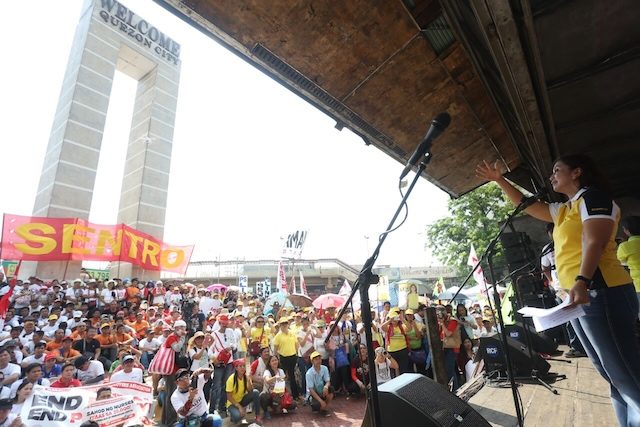
One week before election day Leni Robredo is in a better place than her standard-bearer Mar Roxas.
The latest Pulse Asia survey, commissioned by ABS-CBN, shows her 5 points below the front runner, Senator Ferdinand “Bongbong” Marcos Jr. But Marcos Jr took the opportunity last week to conquer Robredo’s home region, Bicol. It was his first sortie in the region since the election period began. Bicol is home not only to Robredo but also to vice presidential bets Francis Escudero, Gregorio Honasan, and Trillanes.
Robredo, on the other hand, spoke at a Labor Day rally on Sunday, May 1, as she acknowledged gaps in the labor law and existing processes in the workplace. She joined unions during a rally organized by national labor center Sentro ng mga Nagkakaisa at Progresibong Manggagawa (Sentro) in Quezon City.
Comelec’s vow: 90% transmission of votes
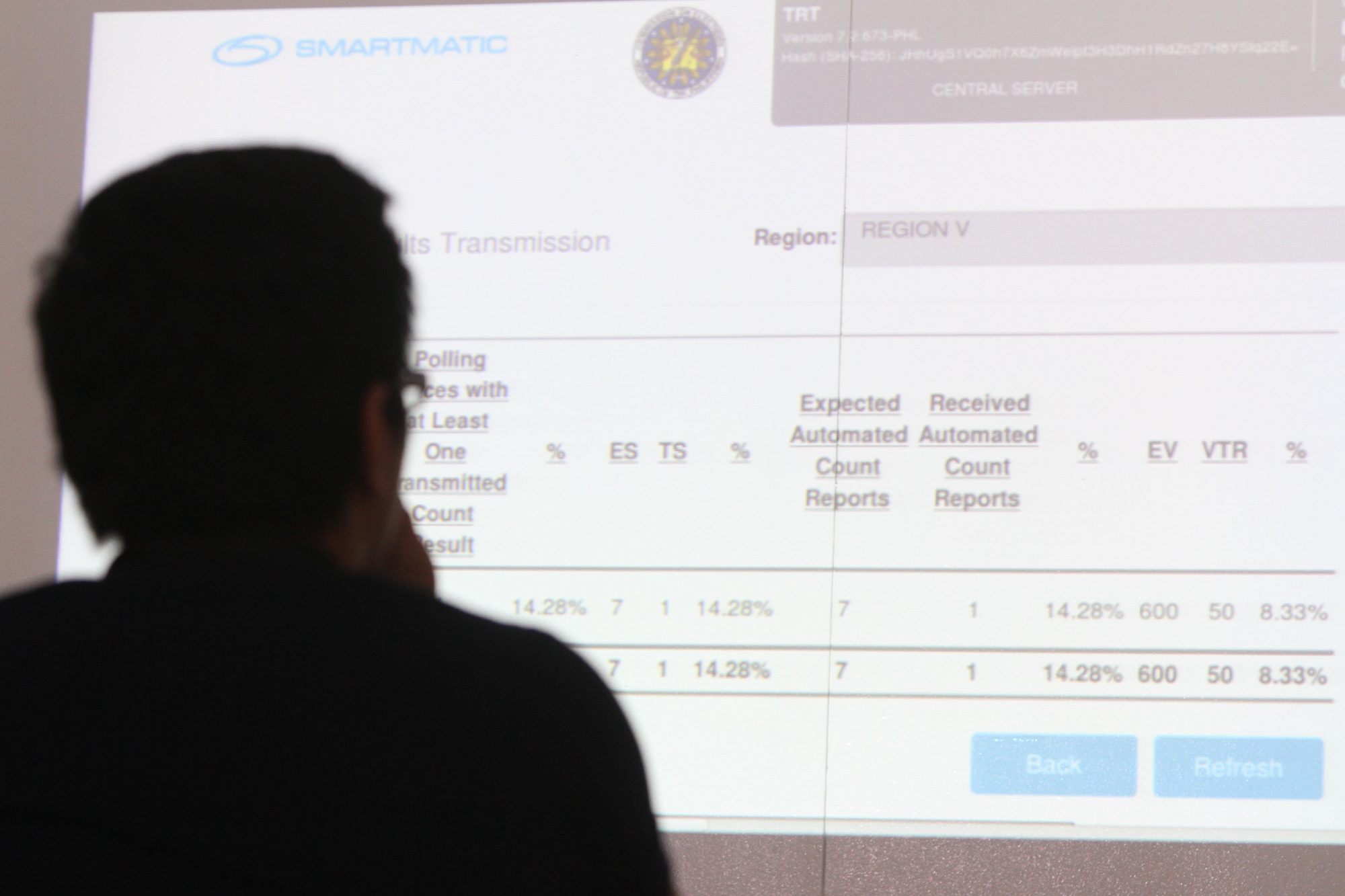
The poll body, despite its problems and controversies, said it aims to transmit 90% of votes from more than 90,000 vote-counting machines after the May 9 elections. This is the same transmission rate in the last presidential elections held in May 2010, and higher than the 76% transmission rate in the 2013 senatorial and local elections.
A full transmission is unlikely given poor Internet signals and the Philippines’ geographical complications, according to Comelec Chairman Andres Bautista.
But Congress has yet to certify the automated election system.
Former Comelec Chairman Sixto Brilliants Jr said this won’t render the elections null and void. But it’s meant to boost public confidence in the automated polls. The certification was supposed to come from the independent Technical Evaluation Committee (TEC) for the 2016 elections, which was scheduled to submit it to lawmakers 3 months before the elections. In the 2013 elections, for example, the certification that there was no “intentionally malicious code” in the voting machines was submitted on February 12, 2013, a day before the deadline. – Rappler.com
Read previous #PHVote weekly wrap stories:
- #PHVote: ‘Philippines, we have your data’
- #PHVote: Will Teflon Duterte survive rape crisis?
- #PHVote: Why Duterte? Why Marcos?
- #PHVote: When drought, politics and firearms mix
- #PHVote: Ambush, campaign bloopers and shady allies
- #PHVote: Debate fiasco, Marcos-Robredo ‘war’
- #PHVote: Grace Poe’s coup, Duterte’s mob
- #PHVote: Duterte, Poe, Binay, Roxas and a dead heat race
- #PHVote: Candidates, beware the Ides of March
- #PHVote: Poe bounces back, Duterte blows it
- #PHVote: Candidates deal with fluid survey numbers, health issues
Add a comment
How does this make you feel?
![[WATCH] #TheLeaderIWant: Filipino voters sound off on community issues a year before 2025 elections](https://www.rappler.com/tachyon/2024/05/filipino-voters-sound-off-on-community-issues-1.jpg?resize=257%2C257&crop=276px%2C0px%2C720px%2C720px)

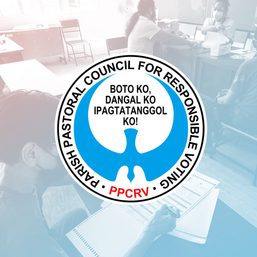
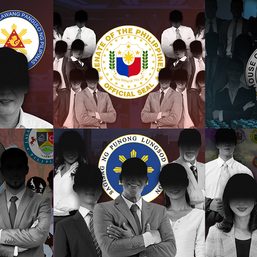

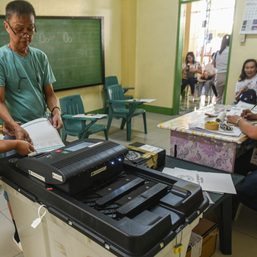

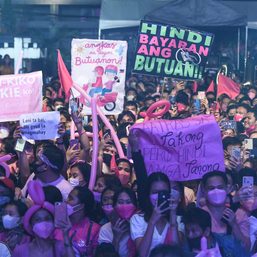
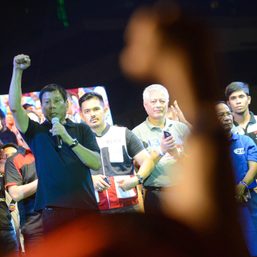
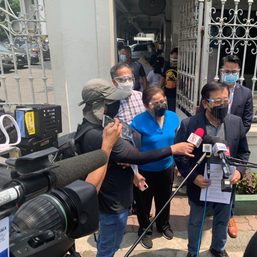
![[Free to Disagree] Boomers, let go please](https://www.rappler.com/tachyon/2024/07/tl-boomers-let-go.jpg?resize=257%2C257&crop=286px%2C0px%2C720px%2C720px)


![[ANALYSIS] The political divorce rocking the Philippines](https://www.rappler.com/tachyon/2024/07/TL-duterte-marcos-china-US-feud-july-4-2024.png?resize=257%2C257&crop=303px%2C0px%2C720px%2C720px)

There are no comments yet. Add your comment to start the conversation.